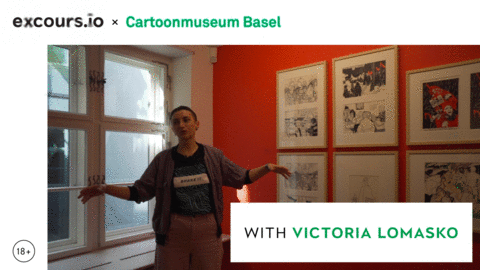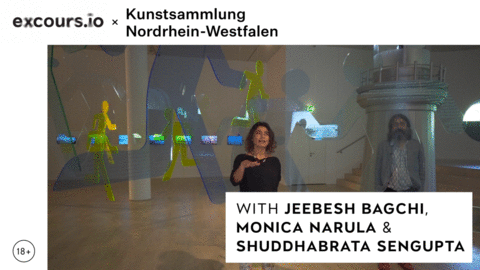Clemens von Wedemeyer – Mehrheiten [Majorities]
The exhibition critically examines the evolution of mass mobilization and crowd dynamics in both historical and contemporary contexts, drawing inspiration from Elias Canetti’s “Crowds and Power.” Set against the backdrop of the GfZK’s new architectural space, the exhibition engages with the complexities of collective action, exploring how digital public spheres shape democratic participation while simultaneously being exploited for exclusionary practices. Featuring a rich array of video installations and cinematic works, including the new production “70.001,” which reimagines the 1989 Leipzig demonstrations, “Majorities” invites reflection on the nuances of social behavior and the implications of simulated experiences in gaming and surveillance. Through this thoughtful presentation, Wedemeyer prompts us to consider the intertwining narratives of isolation and community, resonating powerfully in today’s fragmented society.
Why should you watch this?
Watching this guided tour is crucial in our current landscape marked by digital polarization and the resurgence of mass movements. As societies grapple with issues of identity, representation, and exclusion within online spaces, this exhibition offers a vital framework for understanding how crowd dynamics shape our collective psyche and political discourse. In an age where social media can amplify divisive ideologies, gaining insights into the historical and psychological underpinnings of mass mobilization is essential. The tour encourages participants to critically examine how these dynamics operate today, heightening awareness of the fine line between community engagement and manipulation. By exploring these themes, viewers are invited to reflect on their agency within the digital public sphere, making the experience not just an exploration of art and history, but also a compelling call to engage thoughtfully in the ongoing dialogue about democracy and social responsibility in our interconnected world.

![Clemens von Wedemeyer – Mehrheiten [Majorities] Clemens von Wedemeyer – Mehrheiten [Majorities]](https://cloud.excours.io/film-previews/clemens-von-wedemeyer.gif)

